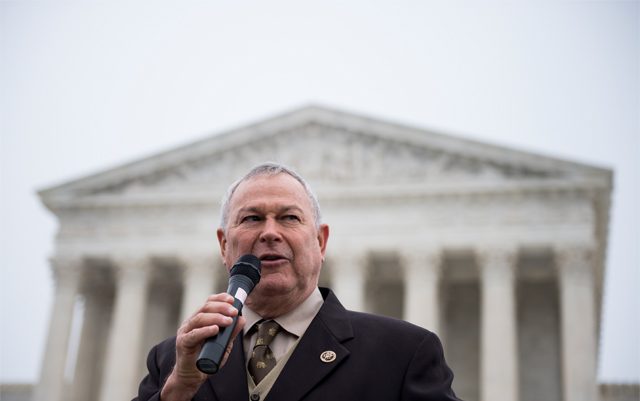The federal appeals court ruling in August made it crystal clear; federal government has no right to prosecute individuals in compliance with their state’s legal cannabis laws.
The clarification of the rule of law showcases the inevitable discrepancies between state and federal cannabis laws when it comes to federal law enforcement. It’s also a huge win for cannabis patients and the industry, especially following the blow to the cannabis community that the Department of Justice wouldn’t consider rescheduling or descheduling the plant.
The 9th Circuit Court of Appeals in San Francisco concluded that the Department of Justice must show proof that state laws were violated in up to ten separate cases in California and Washington state. The Federal prosecutors didn’t persuade the three-judge panel that Congressional policies only stopped legal action against the states, not individuals who violate federal cannabis laws.
Misinterpretation of the policy stems from the 2014 federal spending bill which included a section dedicated to protecting individuals involved with medical marijuana and industrial hemp from federal bullying. The language within the amendment prohibits the Department of Justice from interfering in medical marijuana programs that are state legal.
Representative Dana Rohrabacher (R-CA) is a long time cannabis supporter. He told Politico what his intentions were for the amendment. “Basically, we have left medical marijuana to the states,” Rohrabacher said, adding, “I think there really is every indication that the states will legalize the personal use by adults of cannabis as well.”
Rep. Earl Blumenauer (D-OR) also helped draft the bill’s language. “Congress is increasingly united in the recognition that we should not interfere with what states are doing with medical marijuana,” Blumenauer said. “Unfortunately we’ve got the DEA and 93 U.S. attorneys who have people that are still frying little fish.”
Currently, the plant is legal for medicinal or recreational use in 25 states and the District of Columbia. Another ten states have marijuana reforms on the November ballot.






